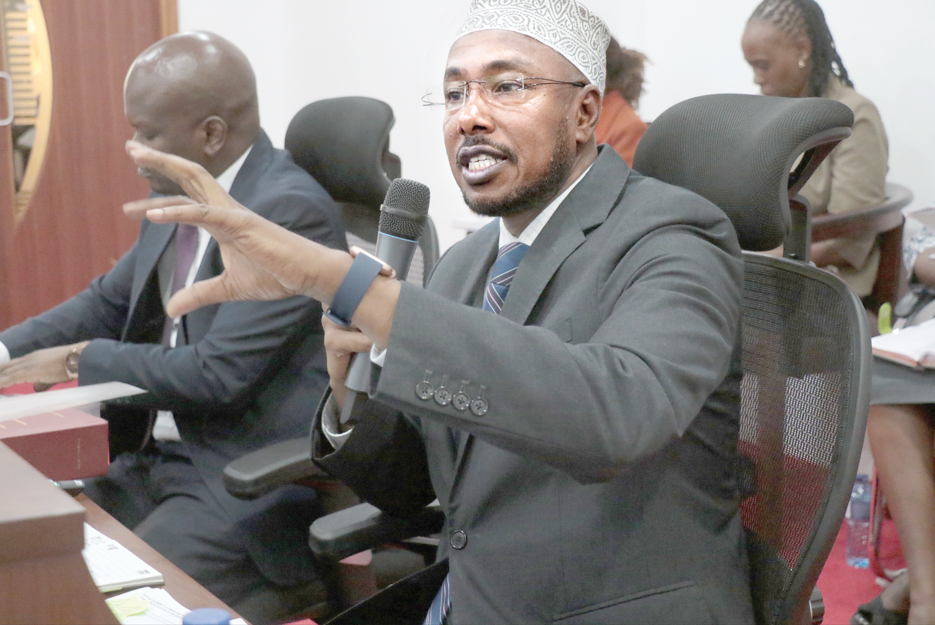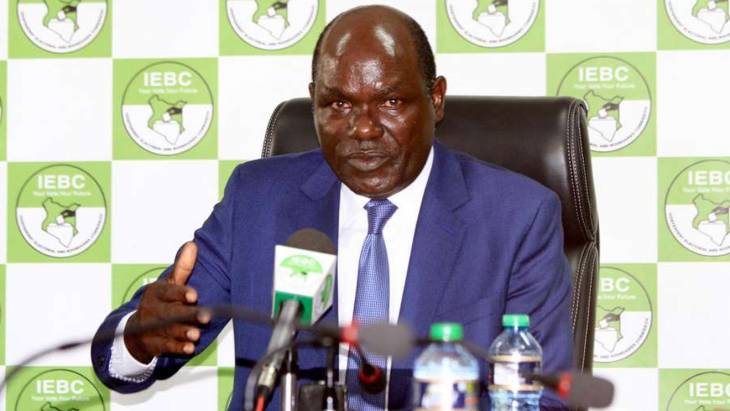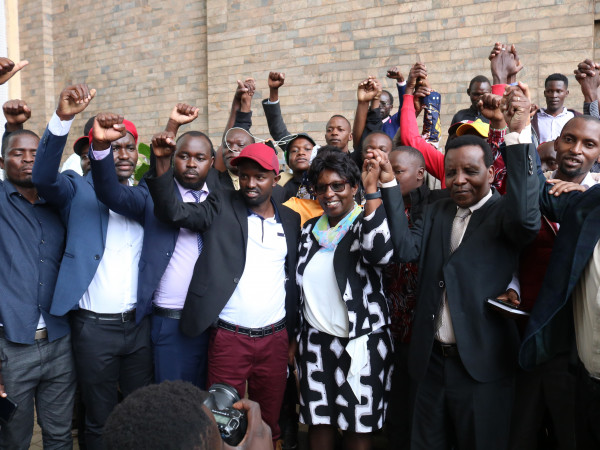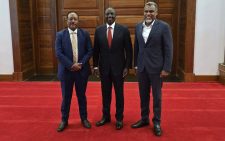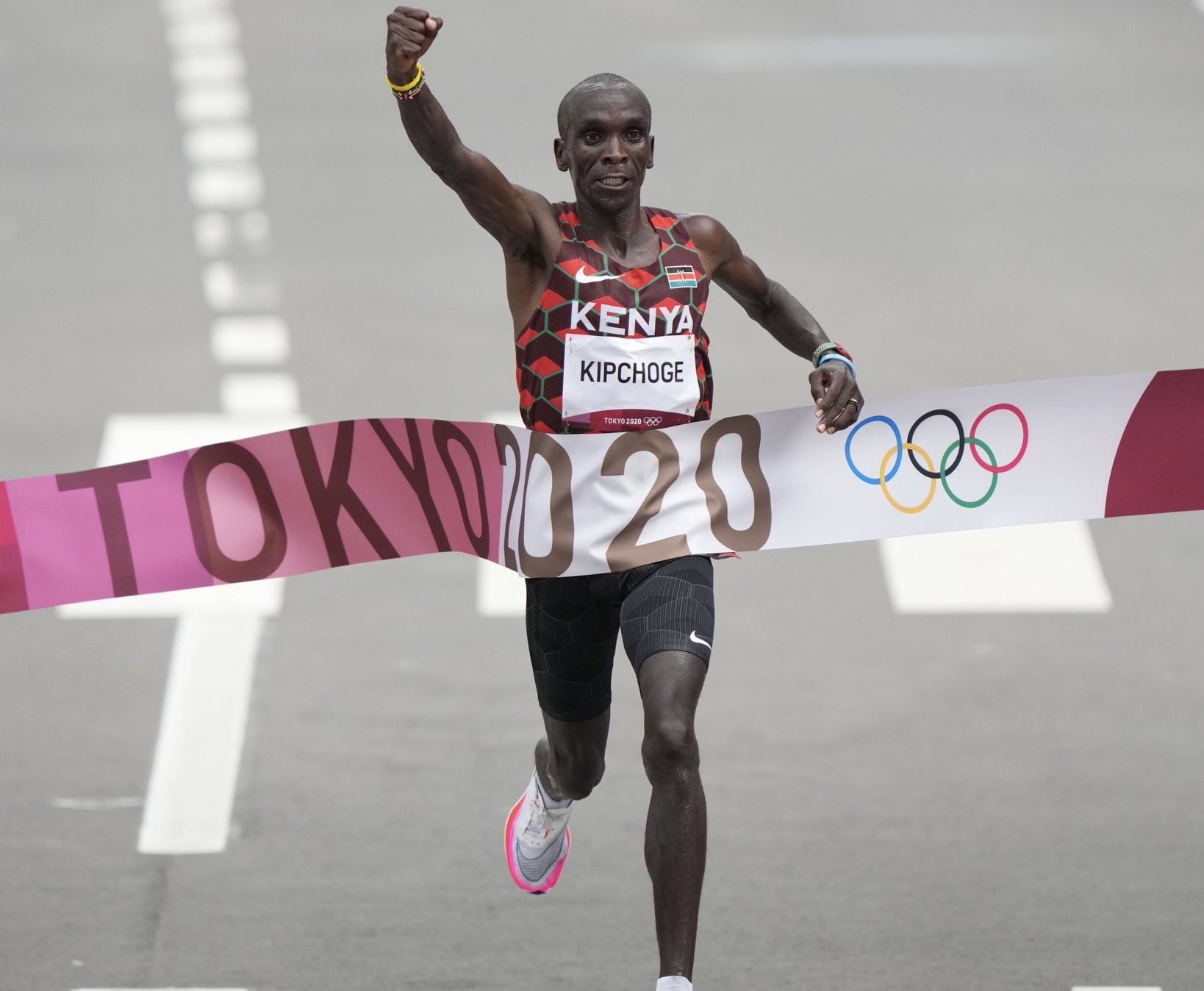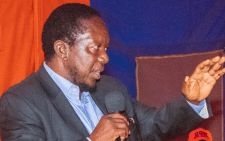Deep ethnic, political divisions emerge in Bill vote
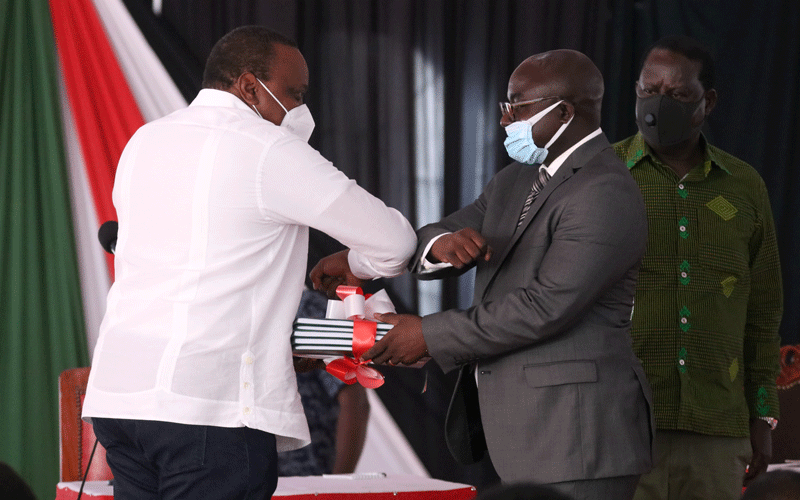
It is almost a foregone conclusion that the Constitutional (Amendment) Bill, 2020 popularly known as the Building Bridges Initiative (BBI) Bill is headed for a referendum.
After MPs at the National Assembly voted overwhelmingly to pass the BBI Bill, it is likely to sail through the Senate in similar fashion.
Despite the majority vote (235 ‘Yes’, 83 ‘No’ and two abstentions in the first reading, 224 ‘Yes’, 64 ‘No’ and two abstentions in the second), the BBI Bill reveals deep divisions along ethnic and political party affiliations that transcend Parliament.
The vote has also raised fundamental constitutional and legislative issues spilling over into the political arena.
Evidently, the referendum will be a landmark for citizens to assert their constitutional and democratic rights in shaping the nation’s destiny.
While politically nuanced, the overriding reason for the BBI’s apparent ride towards popular endorsement after success in Parliament is that, it strengthens devolution – wananchi’s biggest gain in the Constitution of Kenya, 2010.
This first amendment of the people’s Constitution is gaining traction towards ratification principally because it enhances resource allocation, improves socio-economic inclusivity and guarantees extra funding to counties, wrangling over distribution and regional balance notwithstanding.
The biggest lesson from the National Assembly vote however, is that that the BBI Bill has not found a salve for the decades-old wounds caused by ethnic chauvinism, electoral injustices and socio-economic deprivations.
Questions still abound on the doctrine of separation of powers between the Executive, the Legislature and the Judiciary, the independence and functions of the Ombudsman, and the Independent Electoral and Boundaries Commission (IEBC)’S mandate in creation of new constituencies and conduct of elections.
This legal, constitutional and electoral conundrum tugs at the heart of democracy, exposing the fragility of political parties as harbours of freedom of expression.
The cultist and ethnic nature of Kenyan political parties was latent in the BBI debate.
For Jubilee Party factions, the near total ‘No’ vote by Rift Valley MPs allied to Deputy President William Ruto, manifested an ethnic-based political survival instinct.
However, the biggest casualty in the BBI democracy test witnessed last week is the Orange Democratic Party (ODM).
The Orange party, that once nearly formed the government, was in the spotlight for all the wrong reasons as some loyalists turned their guns on the party’s staunchest defenders and sharpest legal minds, Siaya Senator James Orengo and Rarieda MP Otiende Amolo over the BBI Bill.
The irony is that these ultra-loyalists’ belated minimalist contribution to ODM cannot match the long-standing constitutional and legal acumen of these two “learned friends” and party stalwarts.
The “mistake” they made even as they fully supported the BBI Bill, was pointing out legal landmines in contentious clauses before the Senate and the courts.
Party leader Raila Odinga knows intolerance within ODM risks alienating it from its core base at the grassroots, portraying it as undemocratic.
This “chama iko na wenyewe” (the party has its owners) and “you can leave if you don’t conform” mentality, drove Ruto out of ODM and with him a sizeable voting bloc.
The leadership must protect the democratic interests of its members in traditional strongholds.
Controversial nominations and some functionaries’ perceived stranglehold of party affairs has led to departures, electoral defeats and a whittling down of the party’s strength in Parliament.
Should this trend continue and ODM loses its democratic and national outlook, it could prove costly at the referendum and in the 2022 elections. —[email protected]
